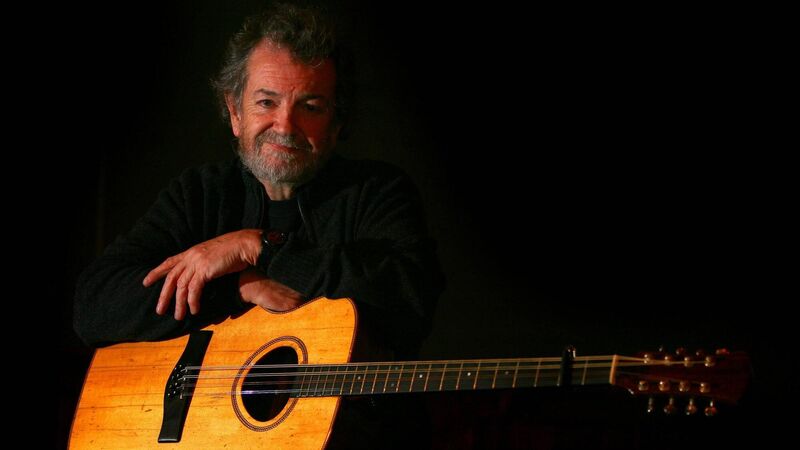Culture That Made Me: Andy Irvine on music favourites and acting with Peter Sellers

Andy Irvine performs at De Barra’s in Clonakilty on Thursday, 15 September.
Try from €1.50 / week
SUBSCRIBE
Andy Irvine performs at De Barra’s in Clonakilty on Thursday, 15 September.
Andy Irvine, 80, grew up in London. His mother was from Co Antrim, his father from Glasgow. In 1951, he acted in the film A Tale of Five Cities, one of many notable stage and screen credits over the following decade.
During a legendary music career, he has been a member of Sweeney’s Men, Planxty, and LAPD, as well as other bands and solo ventures. He will perform at De Barra’s, 9pm, Thursday, 15 September as part of the Clonakilty International Guitar Festival.
Already a subscriber? Sign in
You have reached your article limit.
Annual €130 €80
Best value
Monthly €12€6 / month
Introductory offers for new customers. Annual billed once for first year. Renews at €130. Monthly initial discount (first 3 months) billed monthly, then €12 a month. Ts&Cs apply.
Newsletter
Music, film art, culture, books and more from Munster and beyond.......curated weekly by the Irish Examiner Arts Editor.
Newsletter
Music, film art, culture, books and more from Munster and beyond.......curated weekly by the Irish Examiner Arts Editor.
© Examiner Echo Group Limited